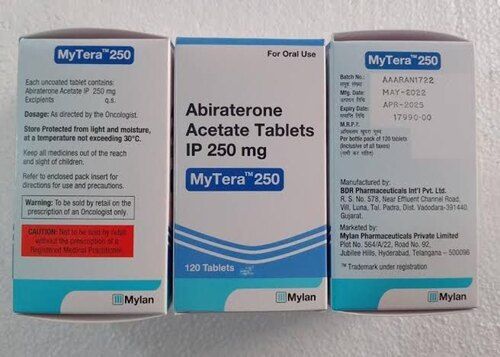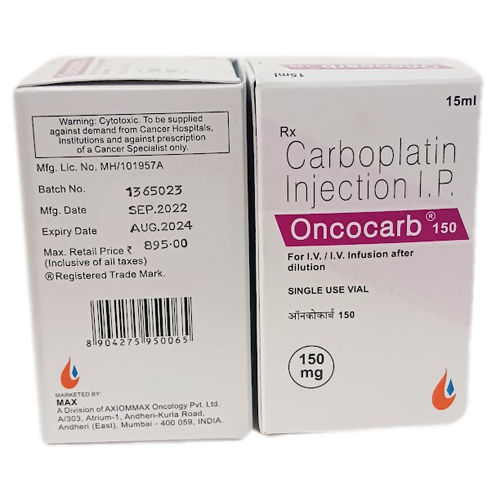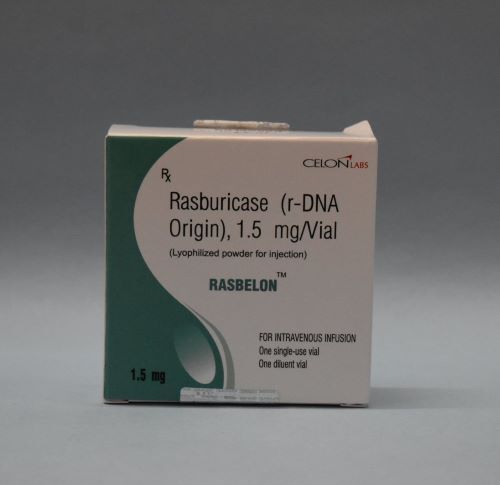Abiraterone Acetate Tablets
Product Details:
Abiraterone Acetate Tablets Price And Quantity
- 6000 INR/Bottle
- 5 Bottle
Abiraterone Acetate Tablets Trade Information
- Cash Advance (CA) Cash in Advance (CID)
- 1000 Bottle Per Week
- 4 Days
- BOTTLES - 1*120TABLETS
- All India South India Central India West India North India East India Gujarat Karnataka Kerala Lakshadweep Mizoram Meghalaya Manipur Andhra Pradesh Bihar Chandigarh Daman and Diu Goa Jharkhand Odisha Punjab Assam Delhi Dadra and Nagar Haveli Andaman and Nicobar Islands Arunachal Pradesh Chhattisgarh Haryana Himachal Pradesh Jammu and Kashmir Madhya Pradesh Maharashtra Nagaland Rajasthan Sikkim Tamil Nadu Telangana Tripura Pondicherry Uttar Pradesh Uttarakhand West Bengal
Product Description
Abiraterone acetate tablets, typically available in 250 mg strength, are a medication used in the treatment of prostate cancer. Here's an overview of its uses:
1. Metastatic Prostate Cancer Abiraterone acetate is primarily prescribed for the treatment of metastatic castration-resistant prostate cancer (mCRPC). This is a type of prostate cancer that has spread beyond the prostate gland and is no longer responding to hormonal therapy (androgen deprivation therapy or ADT). Abiraterone acetate works by inhibiting the production of androgens (male hormones), including testosterone, both in the adrenal glands and in the tumor itself. This helps slow down the progression of the cancer and can lead to improvements in symptoms and survival.
2. Hormone-Sensitive Prostate Cancer Abiraterone acetate, in combination with prednisone or prednisolone, is also used in the treatment of newly diagnosed, metastatic hormone-sensitive prostate cancer (mHSPC). In this setting, it is typically used alongside androgen deprivation therapy (ADT) to further suppress androgens and improve treatment outcomes.
Abiraterone acetate tablets are usually taken orally once a day on an empty stomach, at least one hour before or two hours after a meal. They are often used in combination with other medications, such as prednisone or prednisolone, to maximize their effectiveness and minimize side effects.
Common side effects of abiraterone acetate may include fatigue, joint pain, muscle discomfort, hot flashes, hypertension (high blood pressure), fluid retention, and liver function abnormalities. It's important for patients to be monitored regularly by their healthcare provider while taking this medication to manage any side effects and ensure its continued effectiveness.
As with any medication, it's crucial to use abiraterone acetate under the guidance of a healthcare professional experienced in the treatment of prostate cancer. They can determine the appropriate dosage and treatment regimen based on individual patient factors and closely monitor for any potential complications.

Price:
- 50
- 100
- 200
- 250
- 500
- 1000+







 Contact Us
Contact Us
